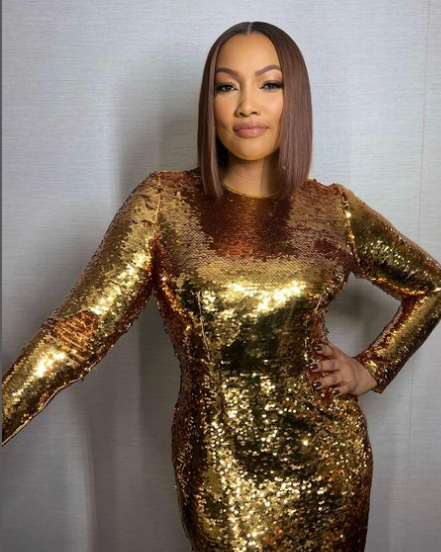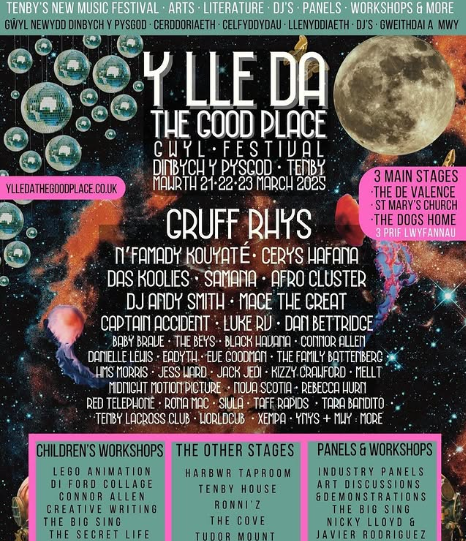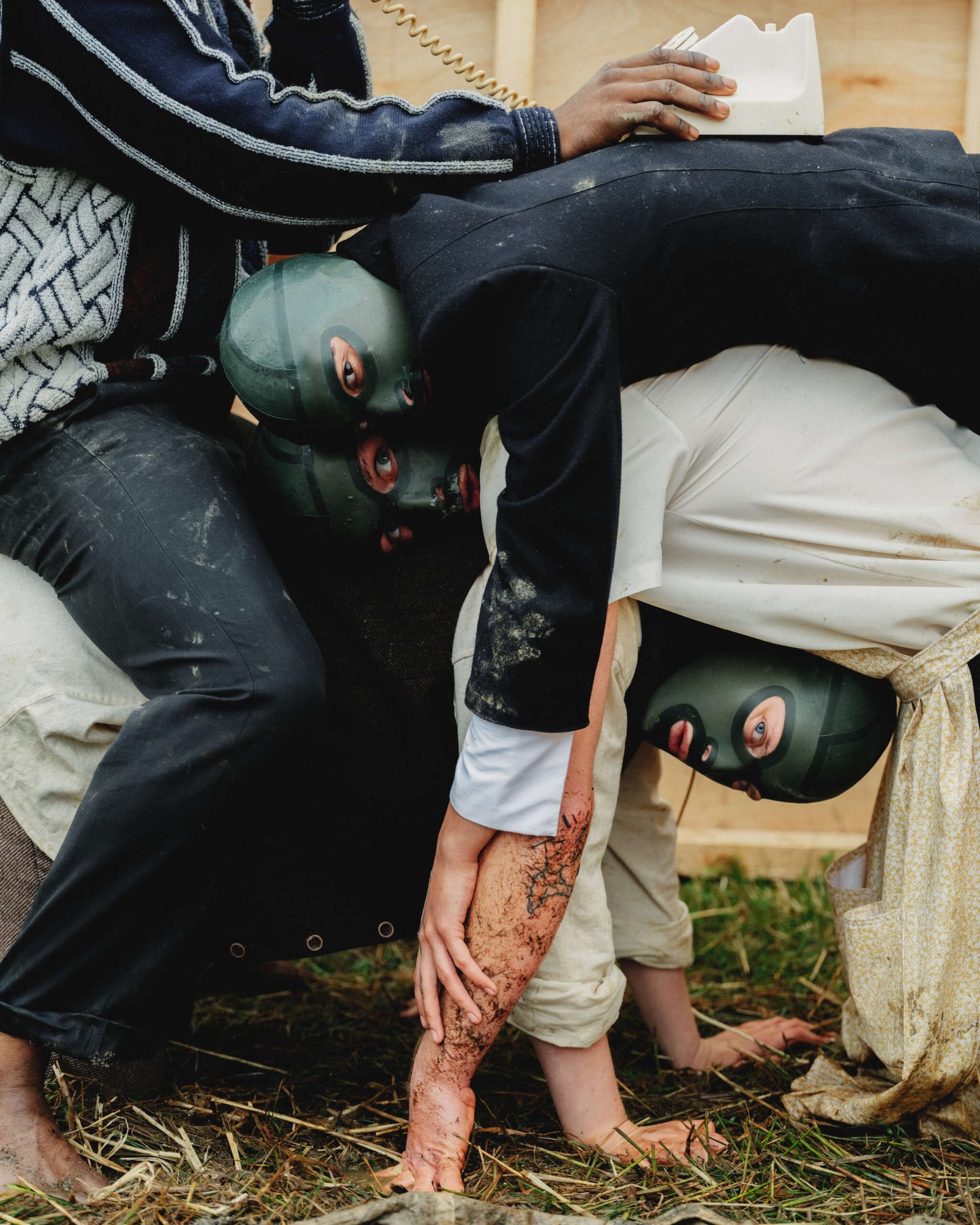The hashtag #prettyprivilege has over 250 million views on TikTok, so it’s safe to say, society is fully aware of the concept, but why is it never spoken about? You tell a pretty person they have beauty privilege, their response? Me? Oh no, certainly not.
Maybe it’s a case of modesty, maybe naivety, or maybe it’s just being in denial. Who can blame them?
We all see the memes: the “pretty people get free drinks” jokes, the endless stream of flawless faces on social media. But is the concept of “pretty privilege” just a social media exaggeration, or does it hold real weight in our lives?
Actress Garcelle Beauvais said, “I’ve always understood the power of beauty, and there’s privilege there, I know being nice and pretty will most likely help me get whatever it is that I’m trying to get, whether it’s an earlier flight or an upgrade to first class.”

Now there’s no denying that physical attractiveness plays a role in society. Studies show we tend to perceive attractive people as more competent, trustworthy, and successful. This perception can translate into real-world advantages, from job interviews to social interactions. One study found that attractive job applicants were more likely to be perceived as having leadership potential. Similarly, attractive individuals might receive better customer service or lighter sentences in court.
Recall former gang member Jeremy Meeks, dubbed the “Hot Felon,” whose stunning mugshot in 2014 propelled him into modelling fame, walking the runway for brands such as Philipp Plein and Tommy Hilfiger.

However, pretty privilege isn’t a magic bullet for success. Hard work, talent, and personality still play crucial roles. Think of, Female rappers like Ice Spice and Saweetie who are constantly accused online of only being successful ’cause of their looks, not for their talent, in comparison to rappers like Nicki Minaj and Lauryn Hill, who people applaud more for their talent.

Beauty standards are also subjective and constantly evolving. What’s considered “attractive” can vary based on culture, ethnicity, and even historical context. The pressure to maintain a certain appearance under pretty privilege can be stressful and expensive. Furthermore, constant scrutiny and objectification can be emotionally taxing.
So, does pretty privilege exist? It most certainly does. However, though it’s undeniable that attractiveness can influence perceptions, it should not be the sole determinant of success, particularly, because beauty truly does lie in the eye of the beholder.
The key takeaway? We need to shift the focus from conforming to societal standards to cultivating inner qualities that truly define us – intelligence, resilience, creativity, and kindness. These are the qualities that will serve us best in the long run, regardless of how we look in a filtered selfie.
Read More Culture Articles From KLATMAG
Written by Angel Joanne Okonkwo





